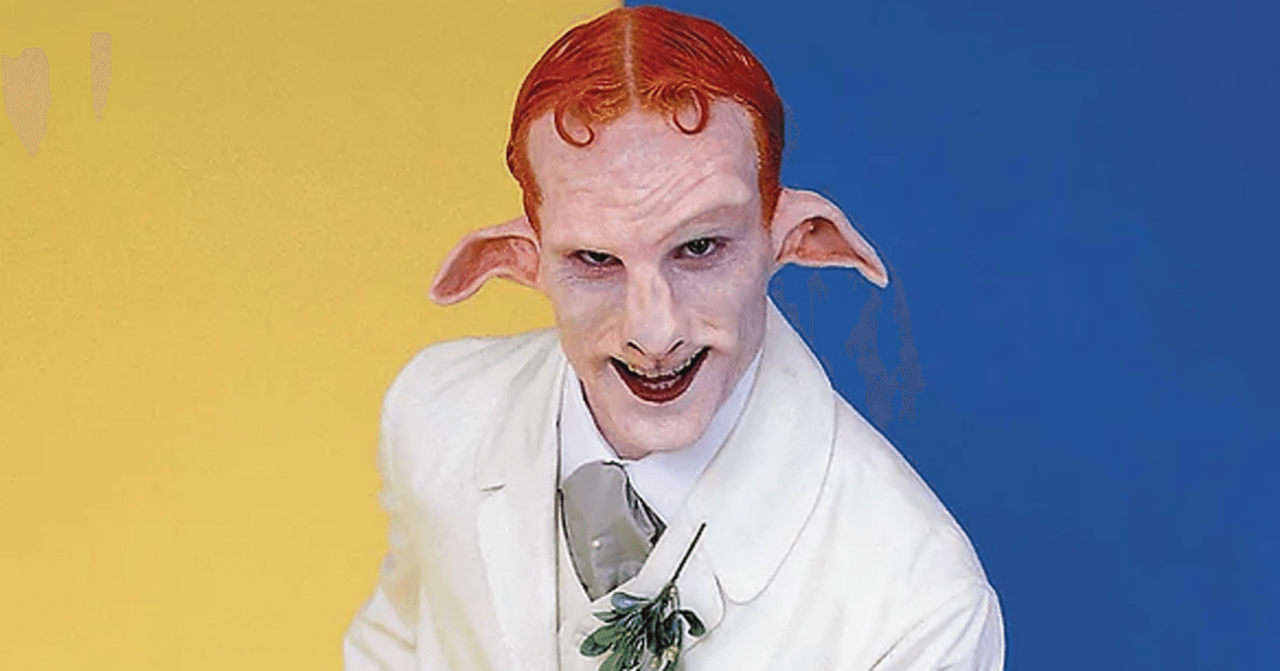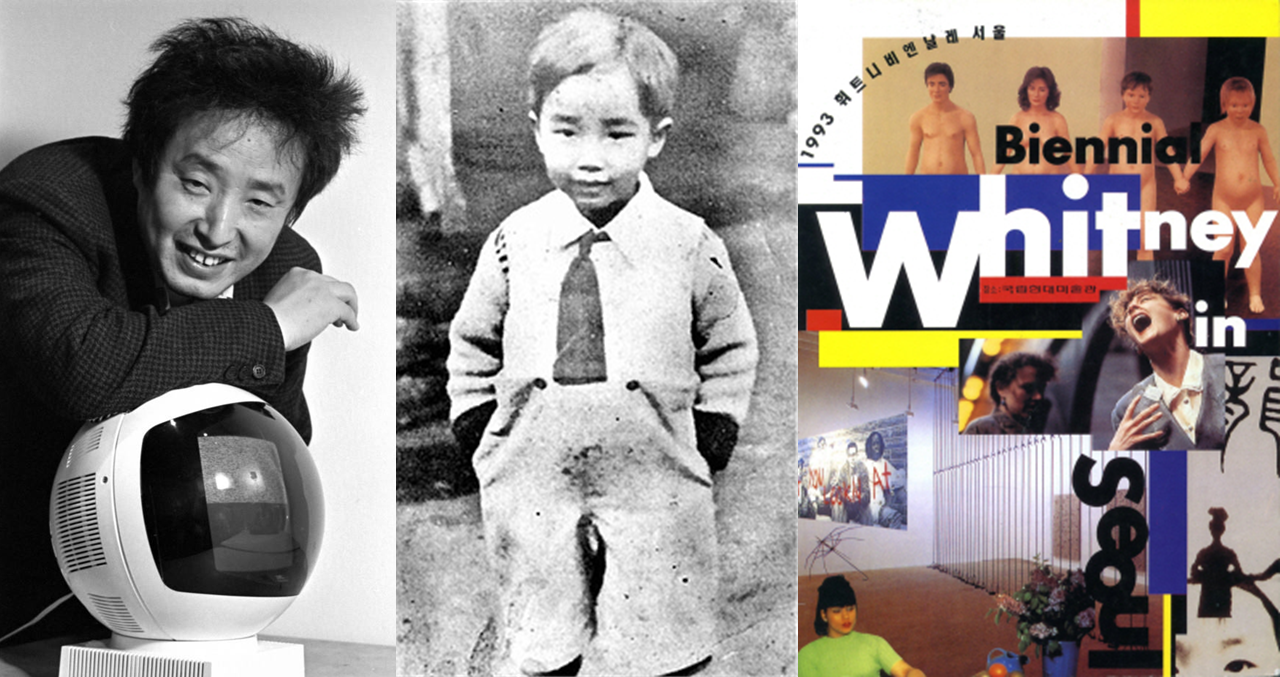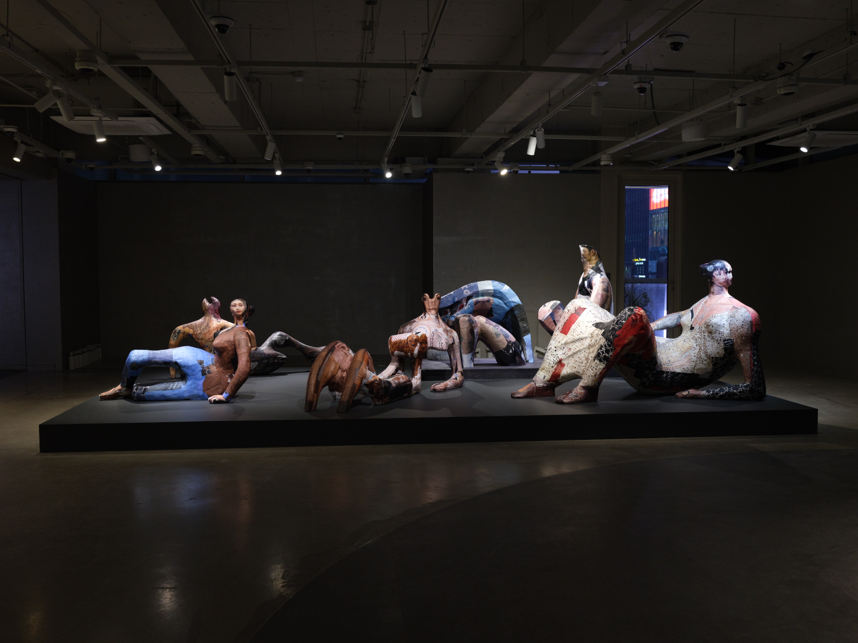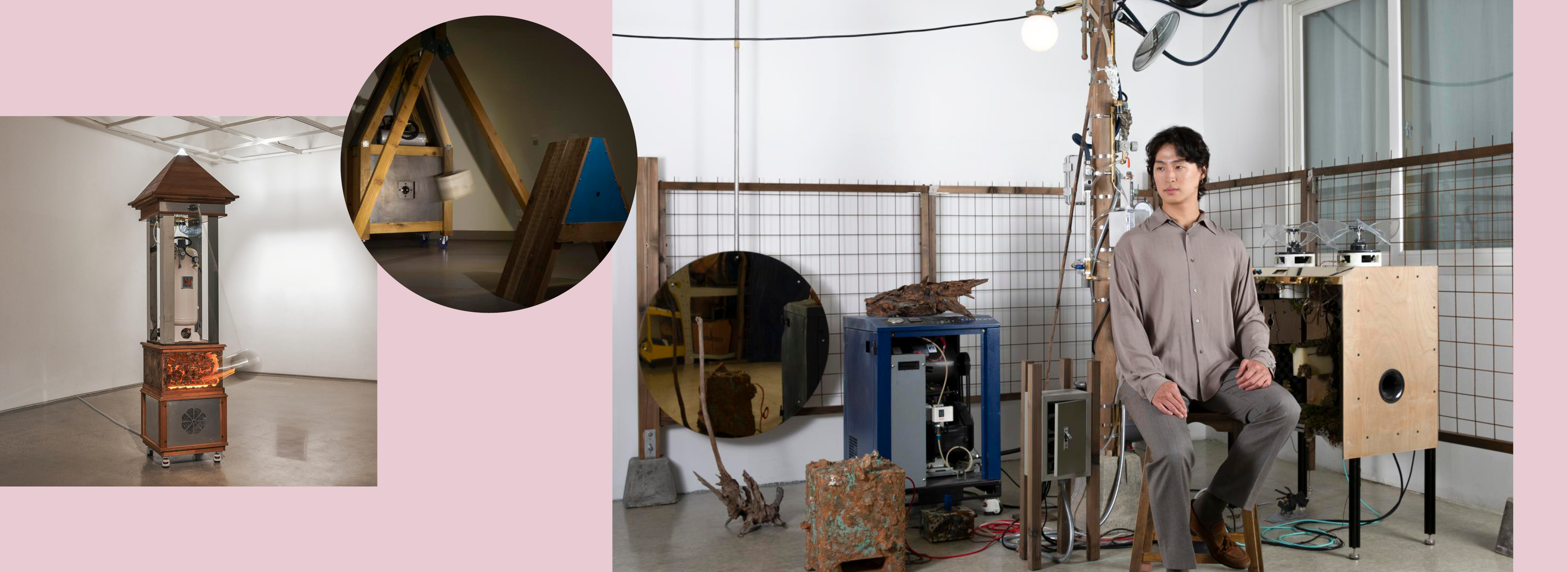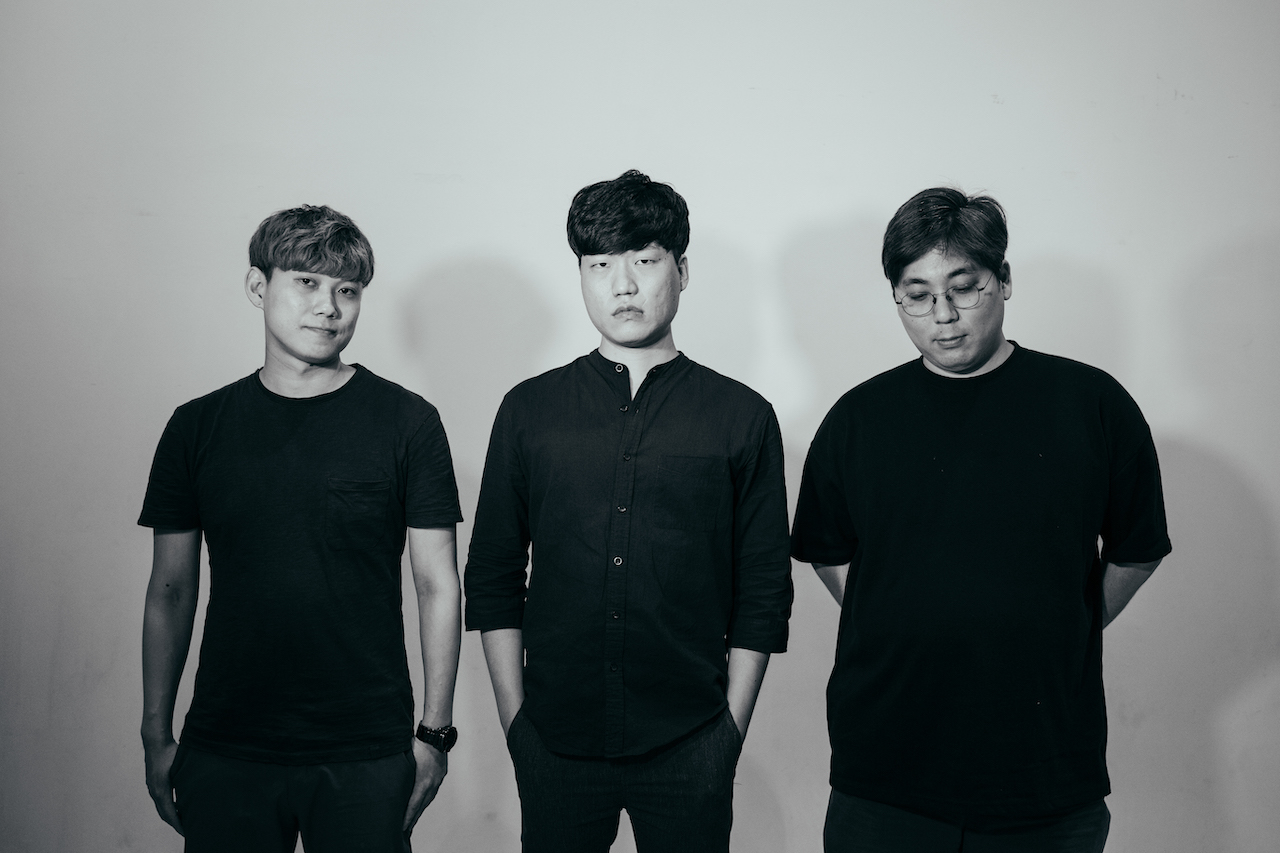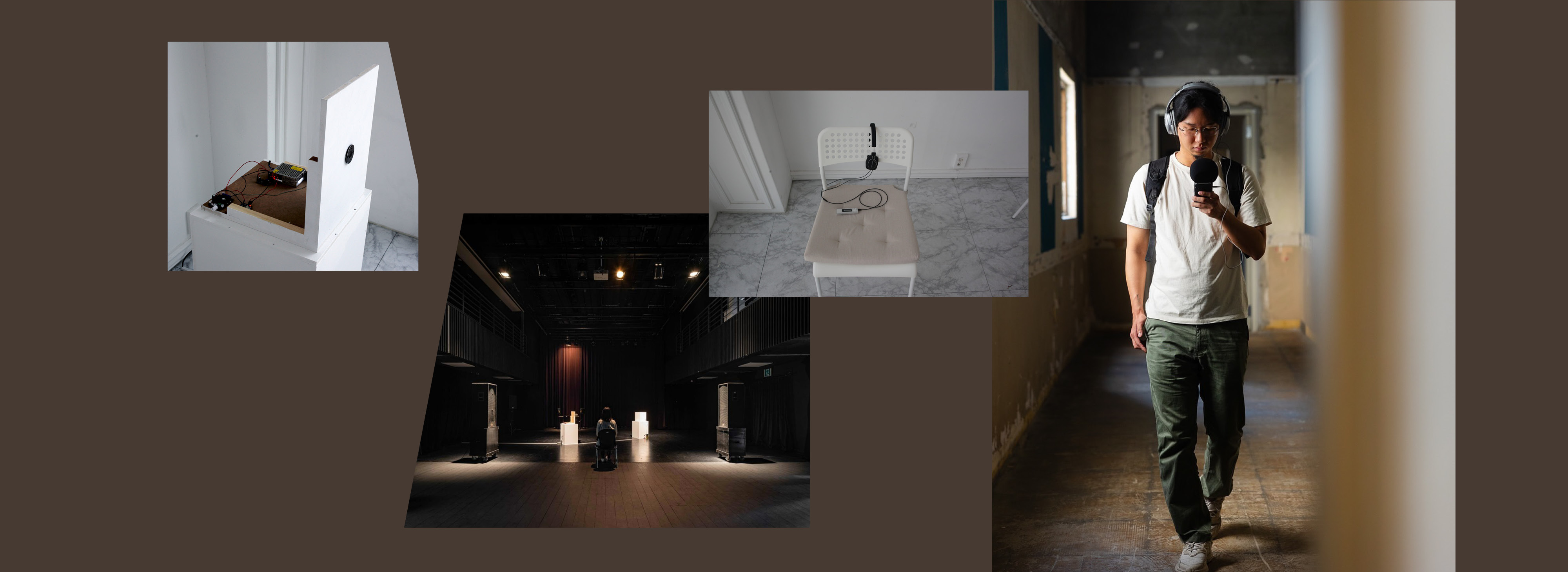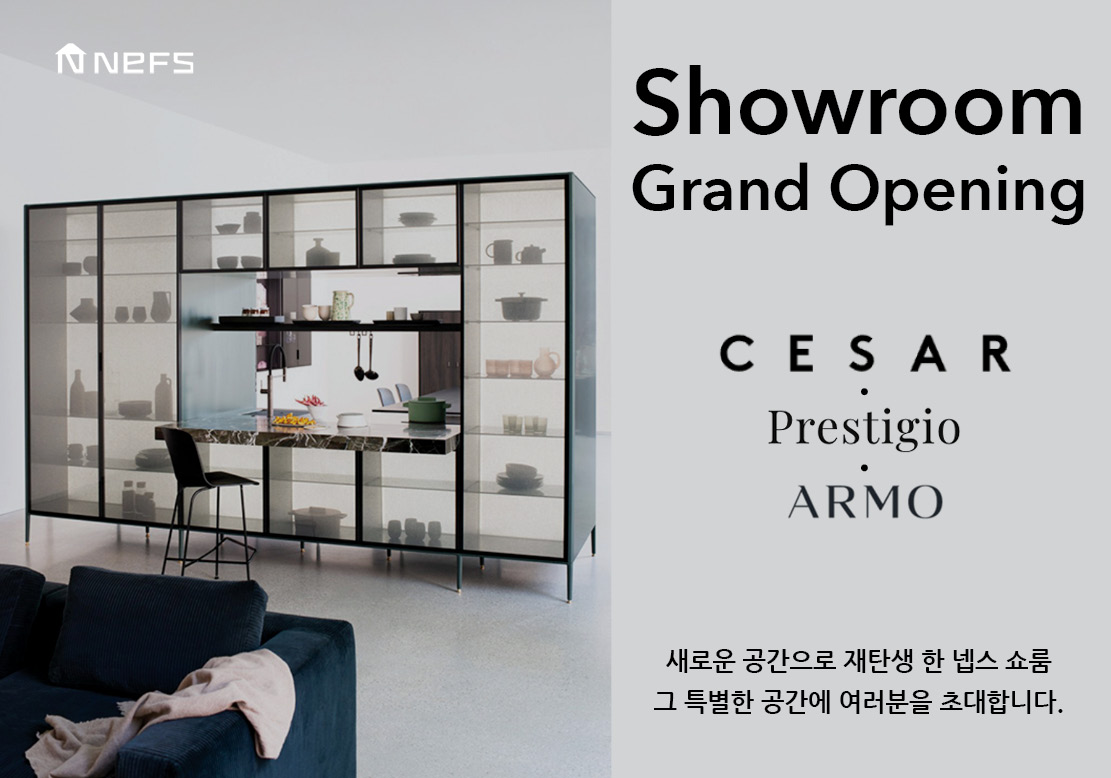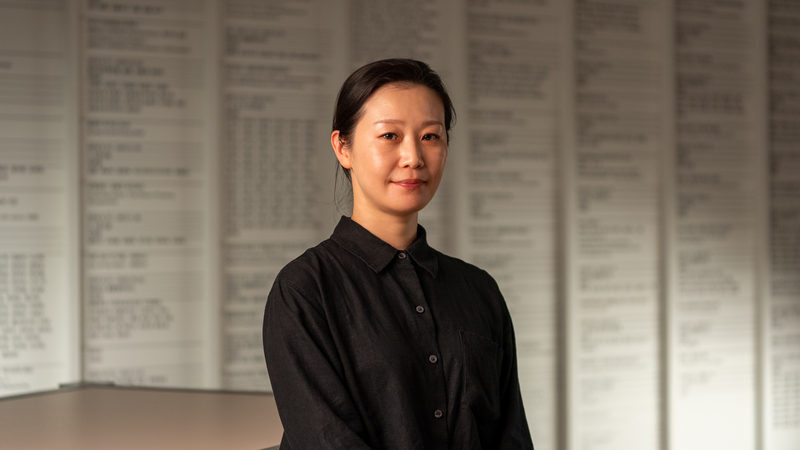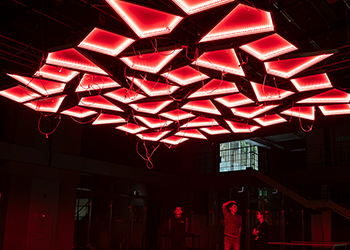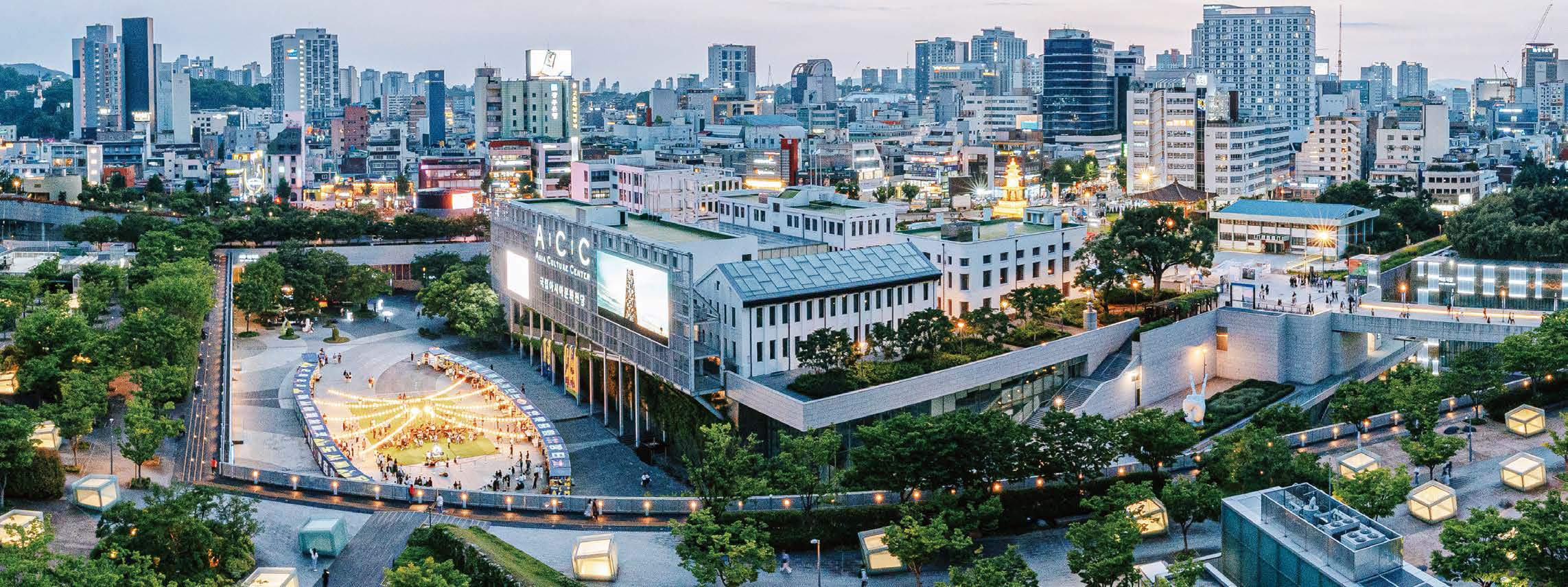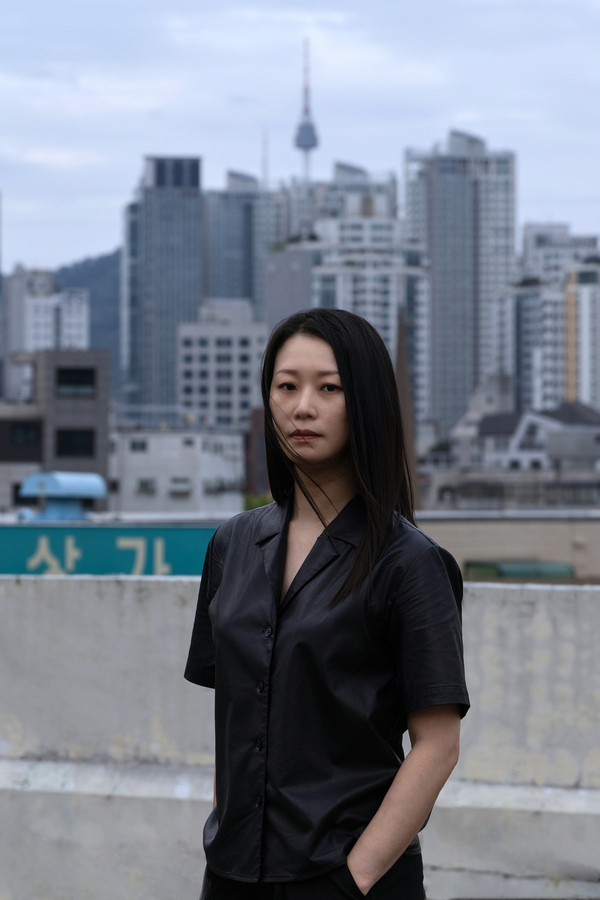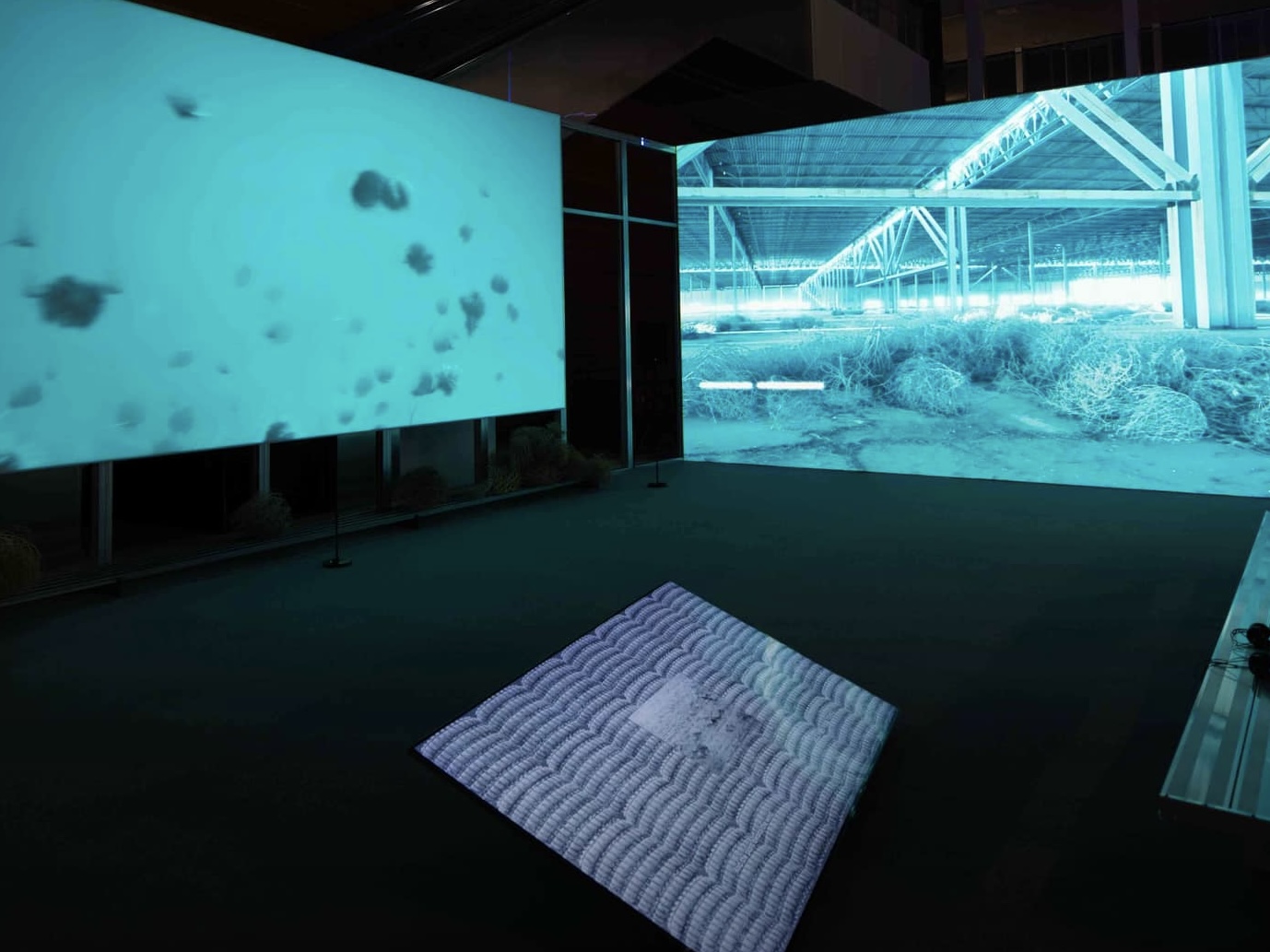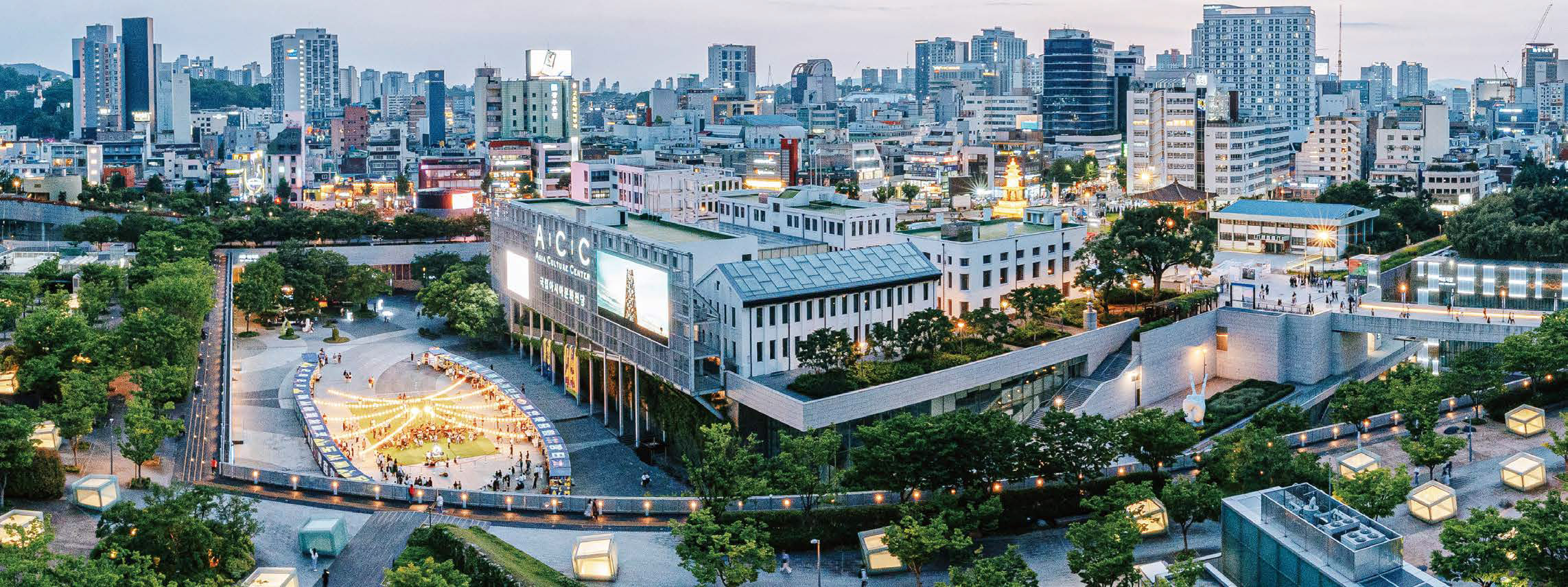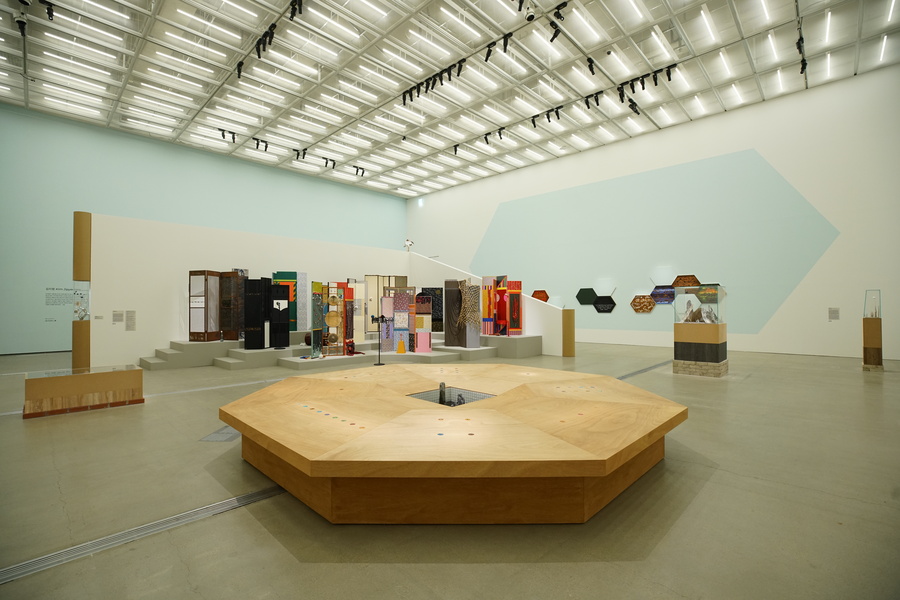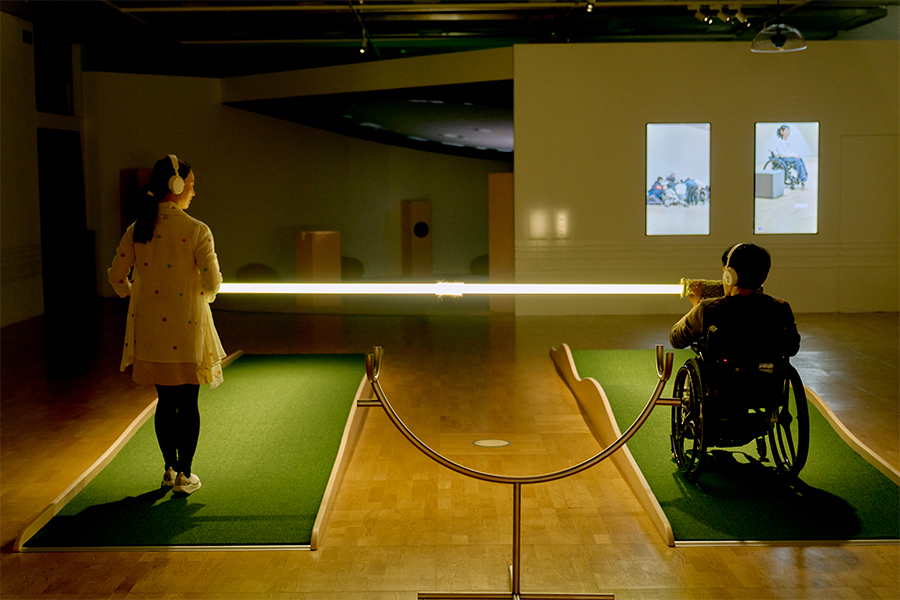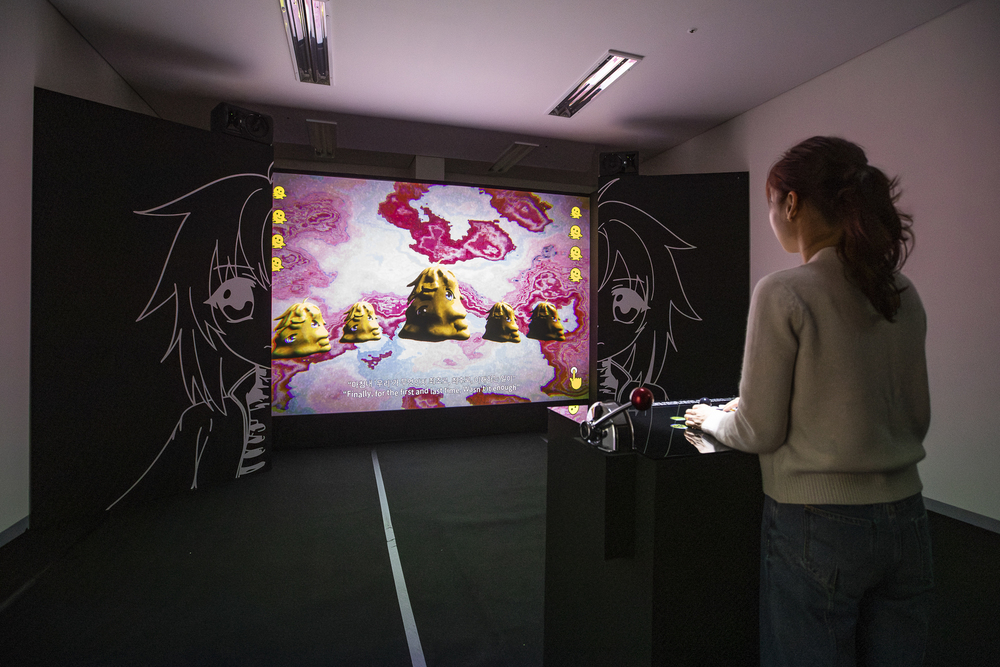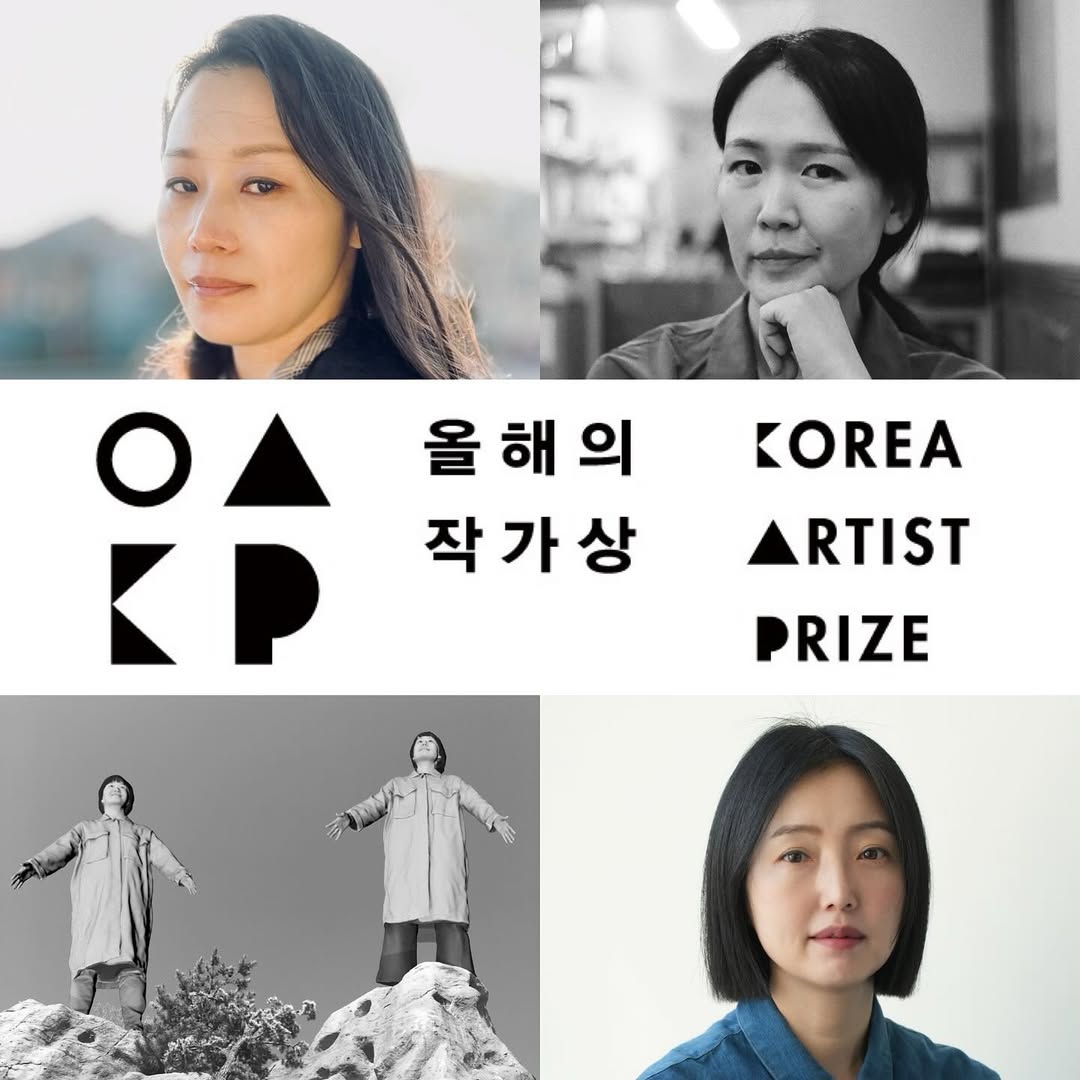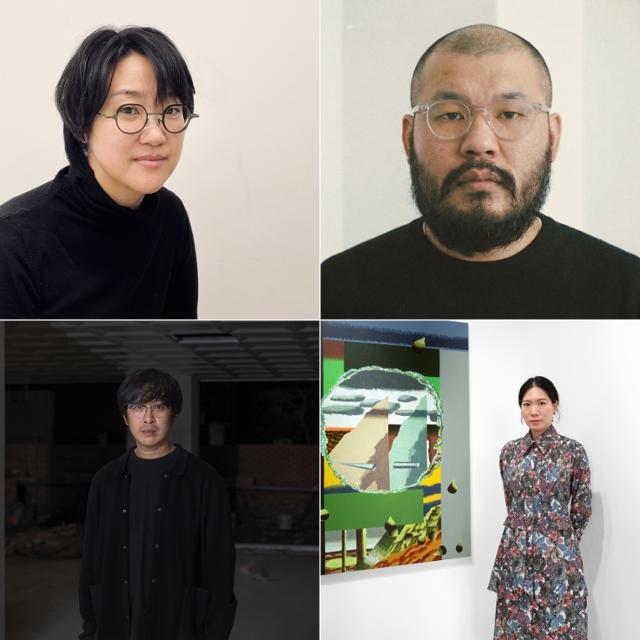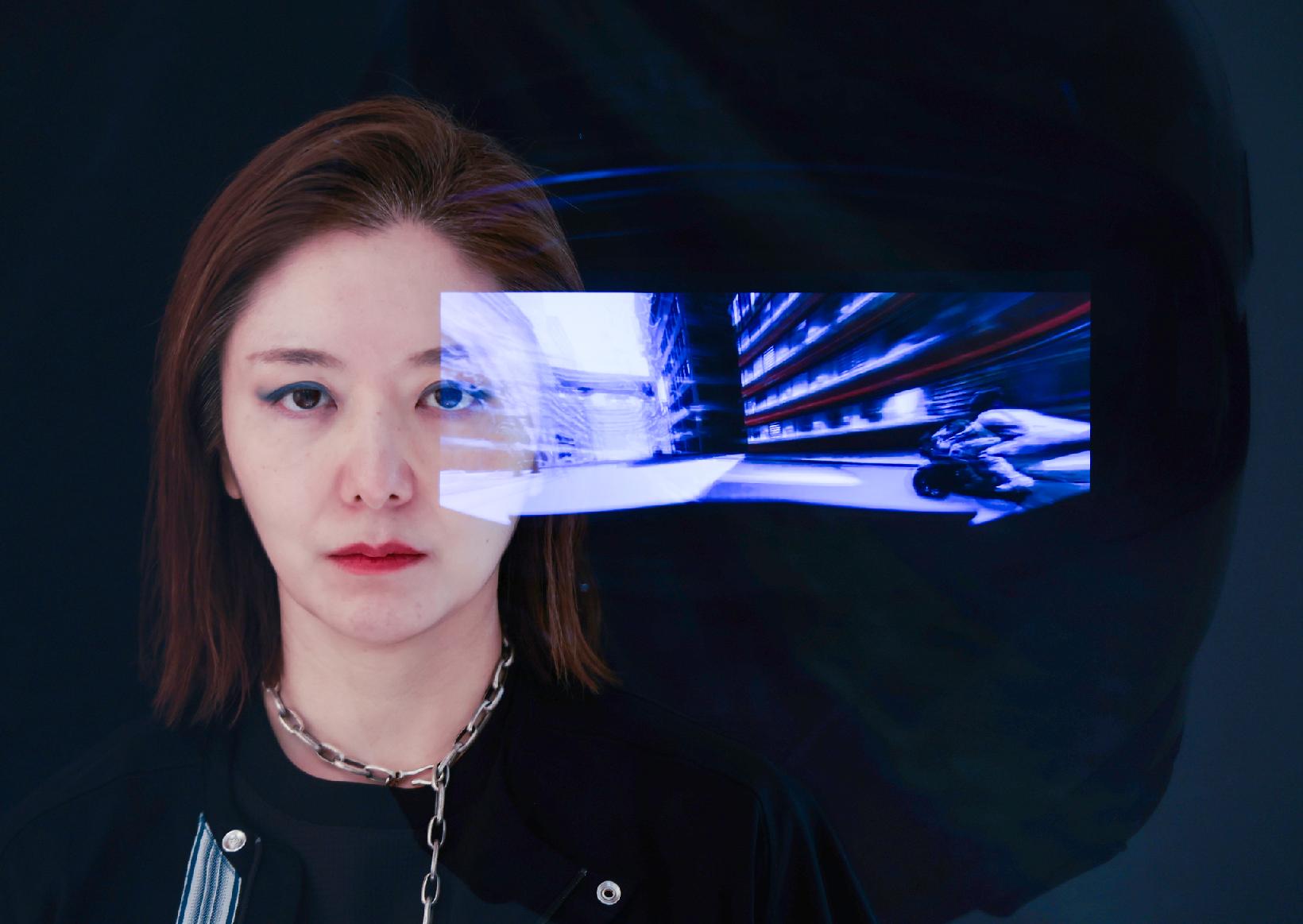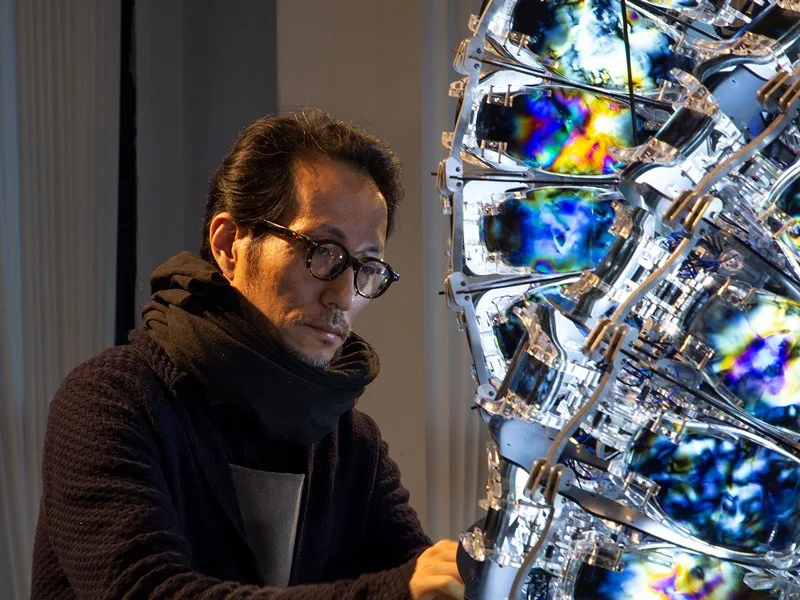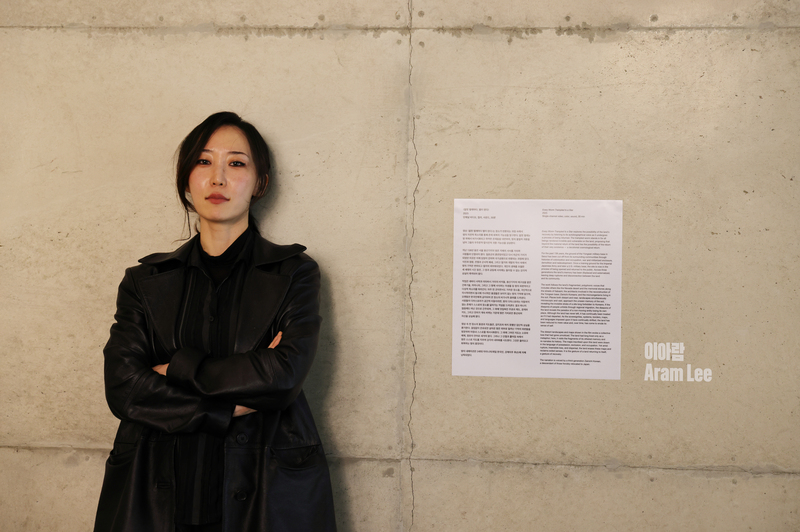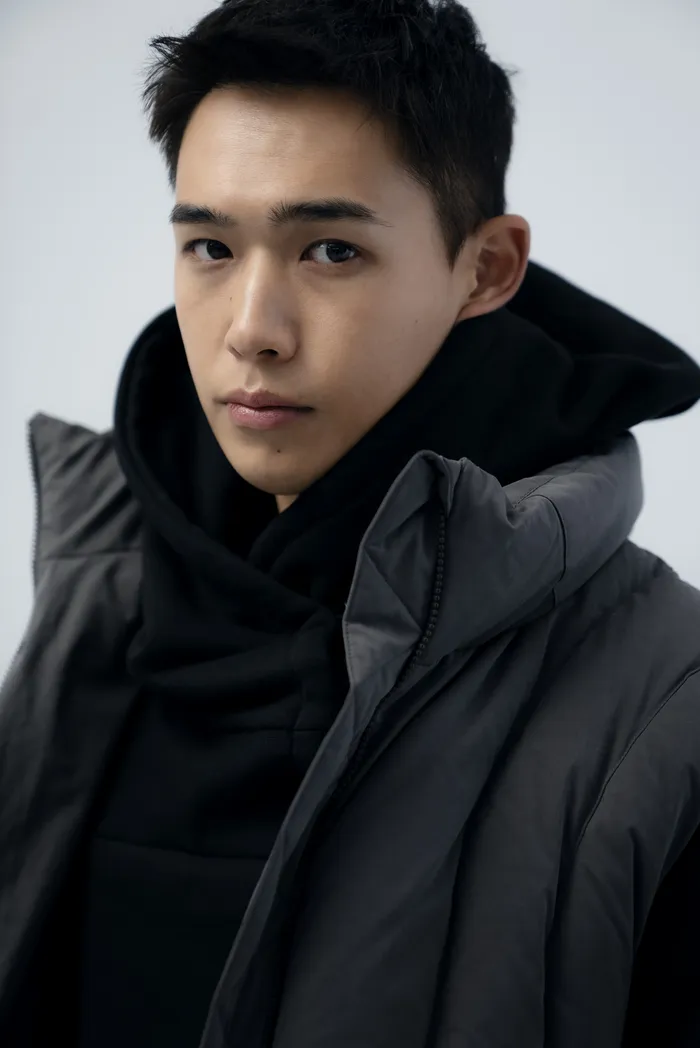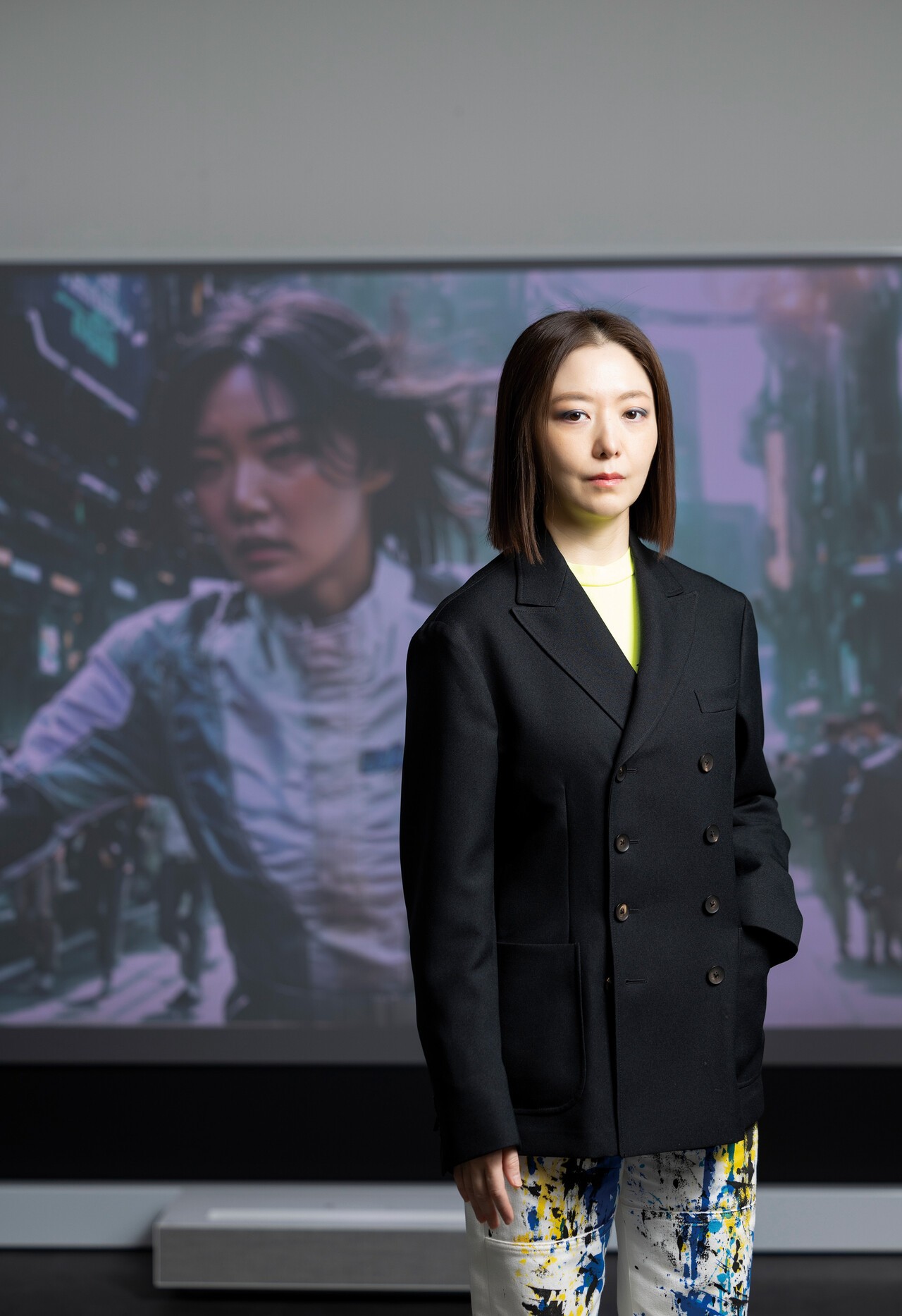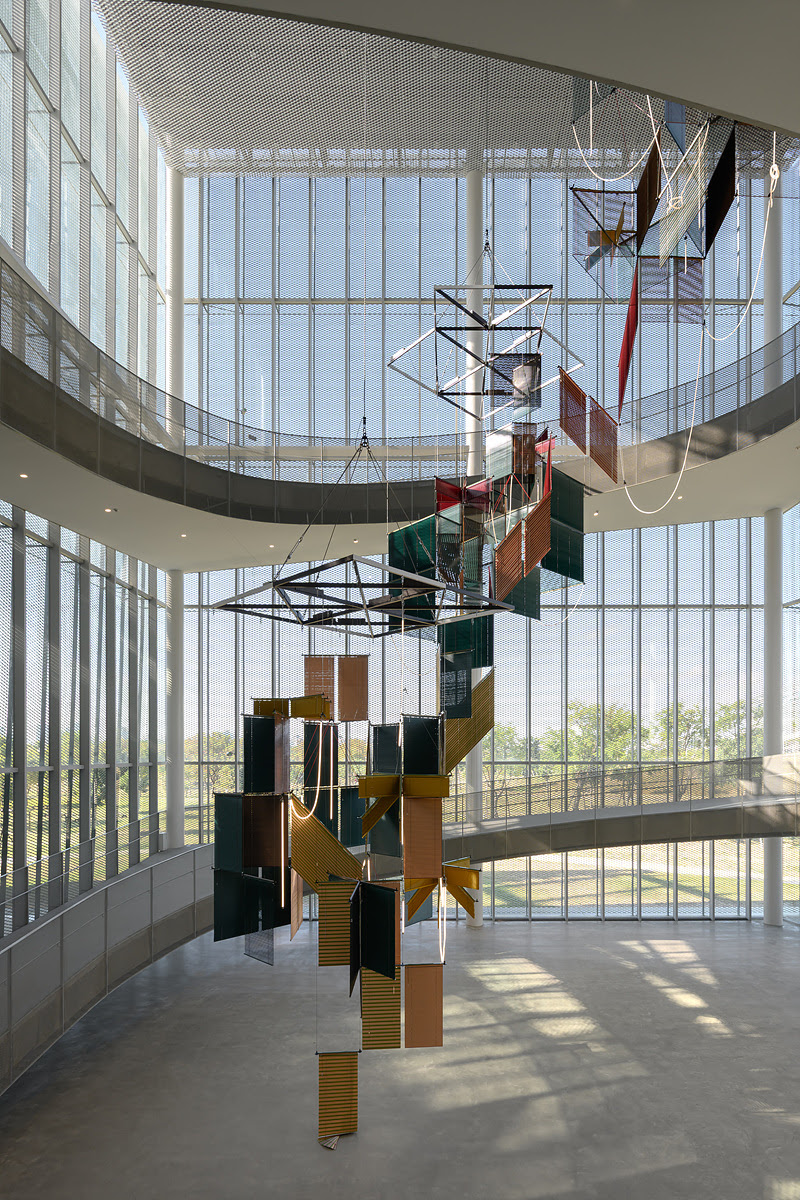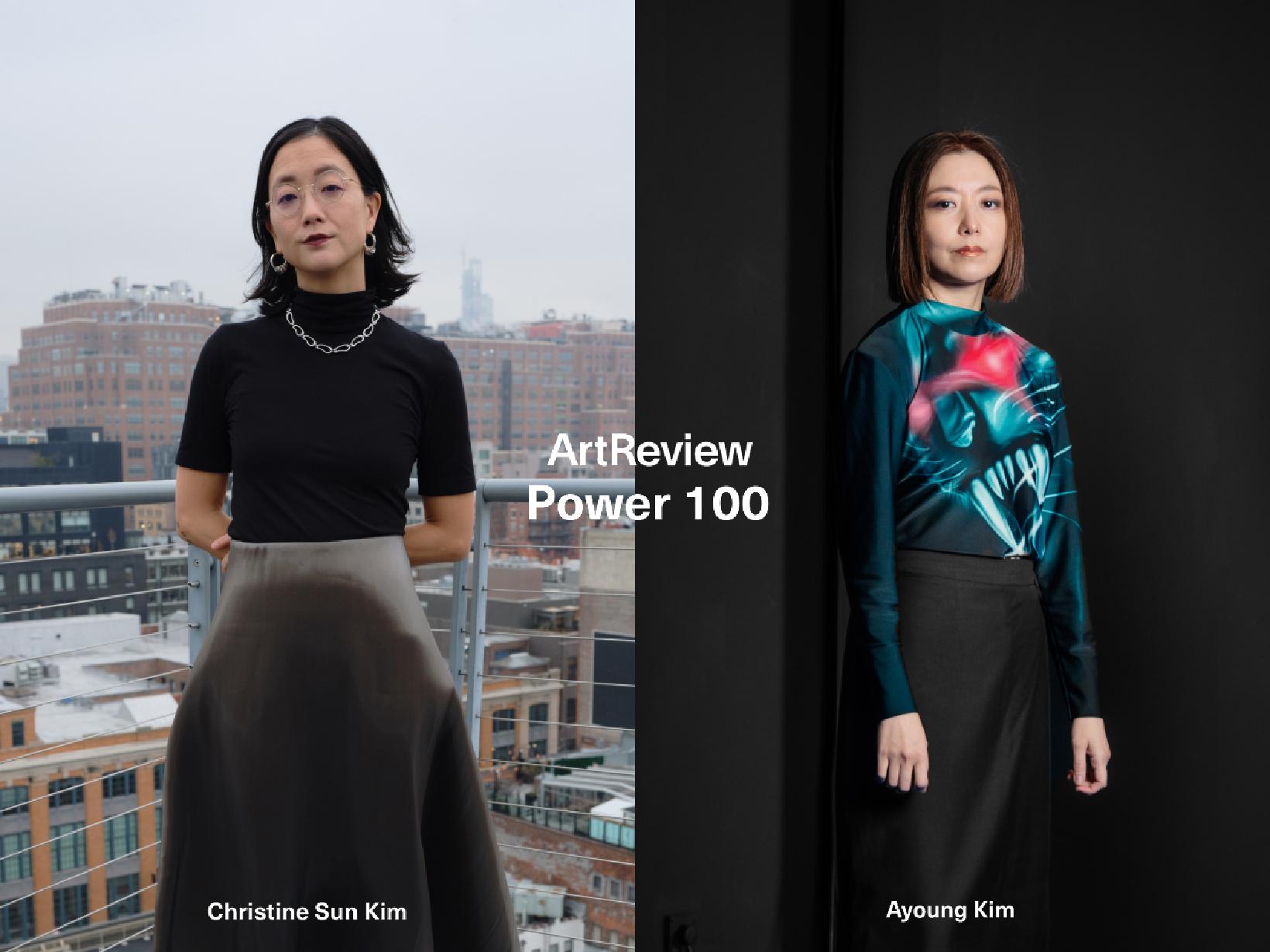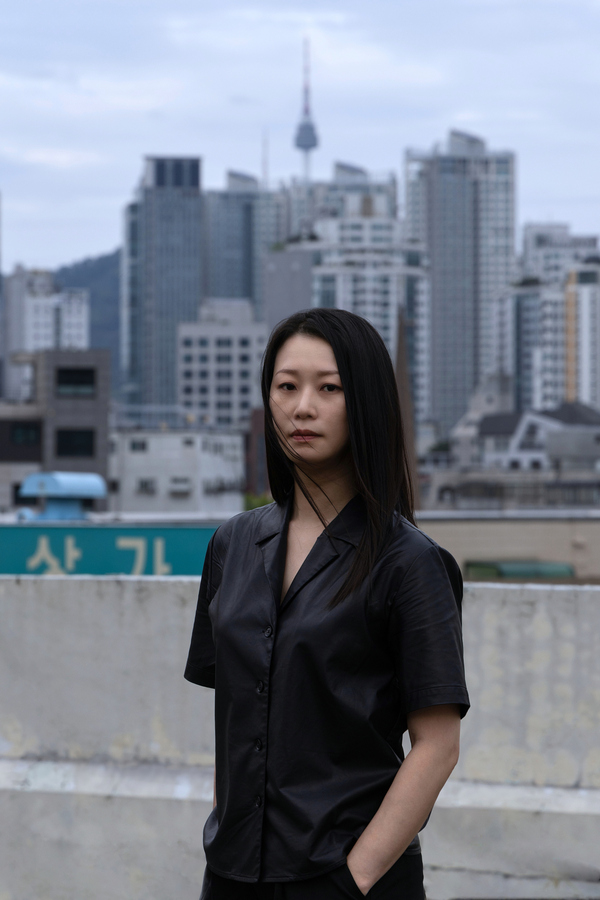
Artist YoungEun Kim ©ACC. Photo: Yunho Lee.
The
National Asian Culture Center (ACC), an organization affiliated with the
Ministry of Culture, Sports and Tourism and led by Executive director Kim
Sangug, has officially announced YoungEun Kim as the recipient of the ‘2026 ACC
Future Prize.’
On
October 1st, the ACC announced the selected recipient of the ‘2026 ACC Future
Prize’ following the final deliberation of the jury committee. This prize aims
to identify a representative of Korea’s next-generation contemporary art. The
selection process involved receiving recommendations for ten artists from
domestic and international experts, narrowing down to five finalists in the
first stage, and then evaluating their works to determine the final recipient.
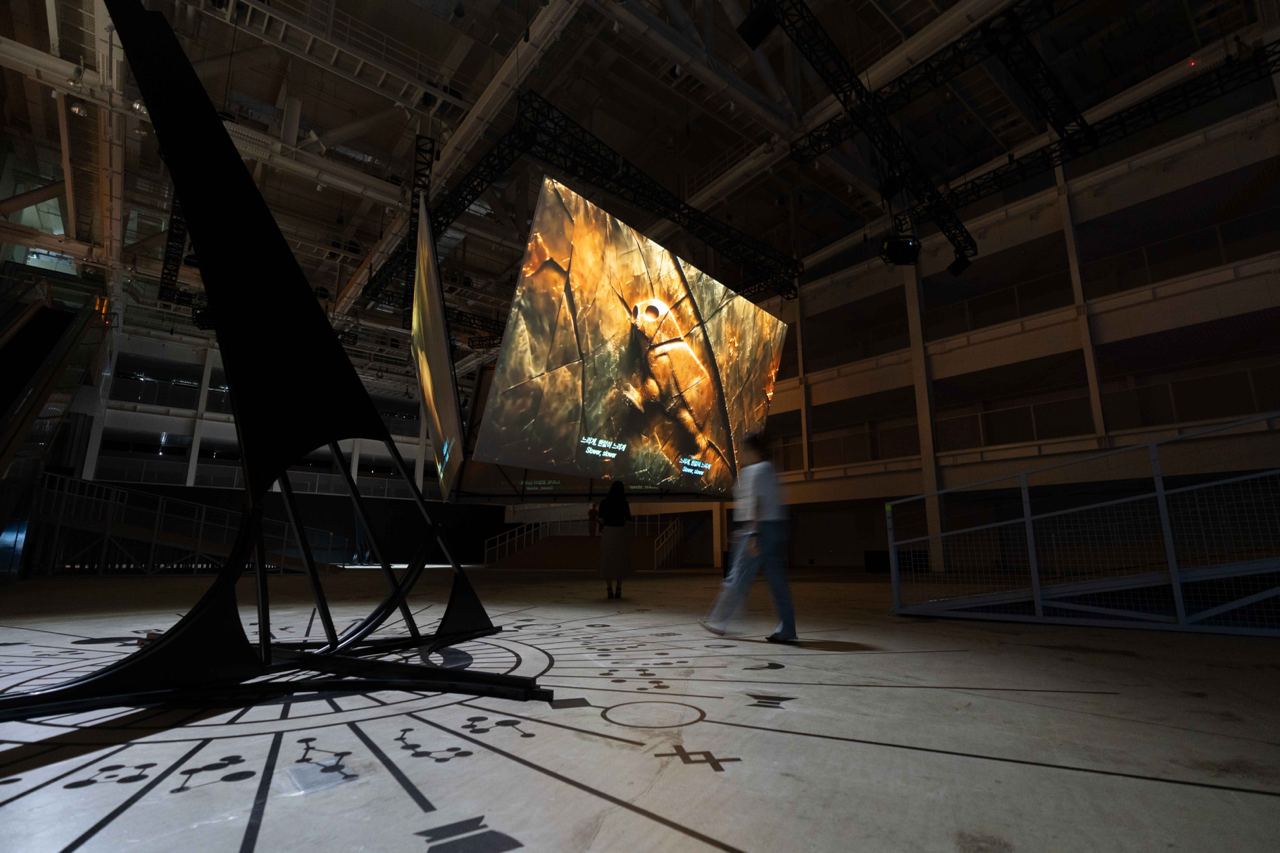 Installation view
of ACC Future Prize 2024: Ayoung Kim 《Delivery Dancer’s
Arc: Inverse》 (National Asian Culture Center,
2024-2025) ©ACC
Installation view
of ACC Future Prize 2024: Ayoung Kim 《Delivery Dancer’s
Arc: Inverse》 (National Asian Culture Center,
2024-2025) ©ACC
Established
by the ACC, the ‘ACC Future Prize’ is a strategic support initiative designed
to nurture innovative and interdisciplinary artistic practices that envisage
future societal values and potential. The program emphasizes the exploration of
social transformations, such as those related to human, technological, and
environmental changes, through the medium of art. It highlights the integration
of media, technology, and artistic expression to facilitate experimental
creation and production.
Launched
in 2023, the prize is awarded biennially and functions both as a support
platform and as an exhibition program to showcase leading-edge artistic
endeavors.
The
inaugural recipient in 2023 was artist Ayoung Kim, whose exhibition titled 《Delivery Dancer’s Arc: Inverse》 was held from
August 2024 to February 2025 at the ACC Creation Space 1. Kim’s works,
employing game engine-based computer graphics and generative AI, received
international acclaim and contributed to her participation in prominent
exhibitions and Prizes globally.
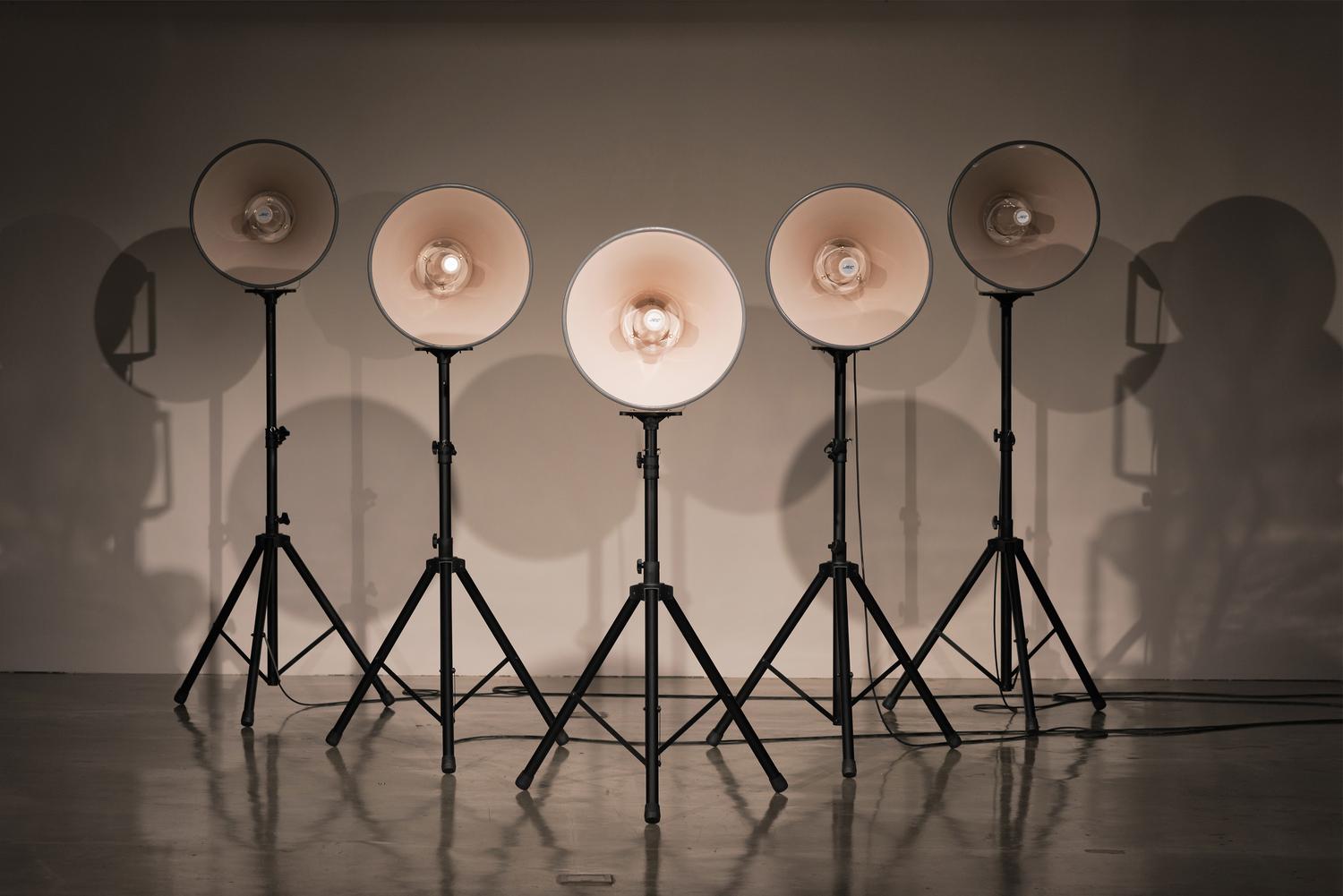 YoungEun Kim,
Guns and Flowers, 2017, Horn speakers, speaker stands,
amplifier, sound, drawings, 4-minute loop, Dimensions variable ©YoungEun Kim
YoungEun Kim,
Guns and Flowers, 2017, Horn speakers, speaker stands,
amplifier, sound, drawings, 4-minute loop, Dimensions variable ©YoungEun Kim
The 2026
recipient, YoungEun Kim (b. 1980, Seoul), is a multidisciplinary artist
specializing in sound, video, and installation art. She studied sculpture and
media art at Hongik University and Korea National University of Arts, completed
a sonology program at Royal Conservatory of The Hague and is currently pursuing
doctoral studies at the University of California, Santa Cruz. Her ongoing
research focuses on reinterpretations of listening and sound’s historical
significance through experimental frameworks.
Kim’s
artistic practice critically examines complex social and historical
narratives—including modernization, militarism, and migration—through sound and
auditory archives, revealing suppressed histories.
Her work
has been exhibited at major institutions domestically and internationally,
earning prestigious accolades such as the Prix Ars Electronica and the SONGEUN
Art Award. She was also selected as a supported artist for ‘Korea Art Prize
2025,’ jointly presented by the National Museum of Modern and Contemporary Art
(MMCA) and SBS Culture Foundation.
The ACC
will support the production of Kim’s new works, enabling her to organize a
major solo exhibition from August 2026 to January 2027 at the 1,560㎡ ACC Creation Space 1. Additionally, the center will provide
comprehensive supporting infrastructure—including production and media studios,
digital media infrastructure, and a dedicated production team—to facilitate her
creative endeavors.
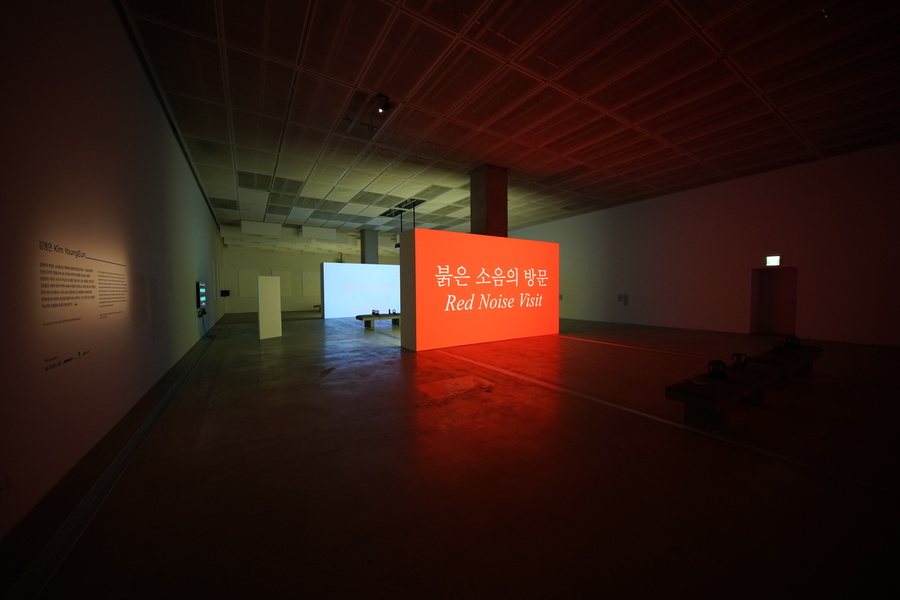 YoungEun Kim,
Installation view of 《Korea Artists Prize 2025》 (MMCA, 2025) ©MMCA
YoungEun Kim,
Installation view of 《Korea Artists Prize 2025》 (MMCA, 2025) ©MMCA
The
judging committee emphasized that “The ACC Future Prize functions as more than
just an artist support program; it serves as a creative platform that bridges
art, technology, humanity, and society,” and they assessed the projects based
on their alignment with the Prize’s core philosophy.
The
panel highlighted Kim’s innovative approach: “She reconstructs speeches and
writings produced in diaspora, migration, and border contexts through
recitation and reading, transforming listening into a reflective act. Her
project poses essential questions: ‘What have we failed to hear? And how should
we ethically confront that which remains unheard?’ This initiative reinterprets
colonization, history, and memory through sound art and aims to foster new
meditative practices of listening in contemporary art.”



